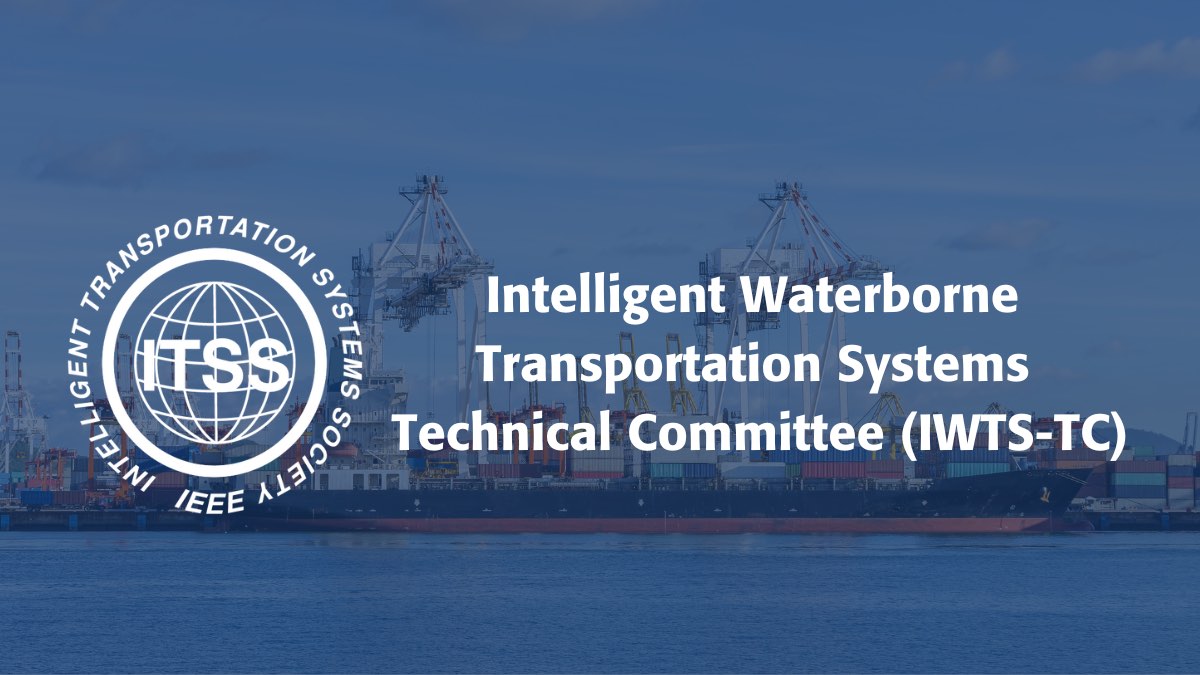
Chair: Xinping Yan
Co-Chair(s): Carlos Guedes Soares, Jin Wang
Short Description
IWTS -TC includes committee members from 10 different countries and aims at fostering discussion on the research and development of Intelligent Waterborne Transportation Systems.
Goal
The IWTS -TC focuses on sharing the state-of-the-art design, models, algorithms, simulation, and field implementations of a wide range of IWTS applications in ITS, and identifying the challenges and research needs of the IWTS, aiming to encourage cross-disciplinary collaboration.
Committee Activities
- Invite technical speech for audience in the field.
- Support World Transport Convention 2023 and host Seminar on the New Generation Waterborne Transportation System (New WTS).
- Host 6th MSSS 2024 in Wuhan. More information is to be arranged.
Milestones
- Host 7th ICTIS 2023 in Xi’an. For more information, please check out at http://its.whut.edu.cn/?aboutictis/
- Hosted the series conference of ICTIS (International Conference on Transportation Information and Safety.
Committee Members
- Yuliang Cai, Senior Researcher, China Classification Society, China.
- Bettar El Moctar, Professor, University of Duisburg-Essen, Germany.
- Xiuju Fu, Senior Scientist, Agency for Science, Technology and Research, Singapore.
- Axel Hahn, Professor, University of Oldenburg, Germany.
- Spyros Hirdaris, Associate Professor, Aalto University, Finland.
- Haobin Li, Senior Lecturer, National University of Singapore, Singapore.
- Teng Long, Associate Professor, University of Cambridge, UK.
- Daniel Medina, Research Fellow, German Aerospace Center, Germany.
- Jakub Montewka, Associate Professor, Gdańsk University of Technology, Poland.
- Rudy R. Negenborn, Professor, Delft University of Technology, The Netherlands.
- Peter Slaets, Professor, KU Leuven, Belgium.
- Angelo P Teixeira, Associate Professor, University of Lisbon, Portugal.
- Ingrid Bouwer Utne, Professor, Norwegian University of Science and Technology, Norway.
- Nikolaos P. Ventikos, Associate Professor, National Technical University of Athens, Greece.
- Hongdong Wang, Associate Professor, Shanghai Jiaotong University, China.
- Tsz Leung Yip, Associate Professor, Hong Kong Polytechnic University, China.
- Di Zhang, Professor, Wuhan University of Technology, China.
- Jialun Liu, Associate Professor, Wuhan University of Technology, China.


